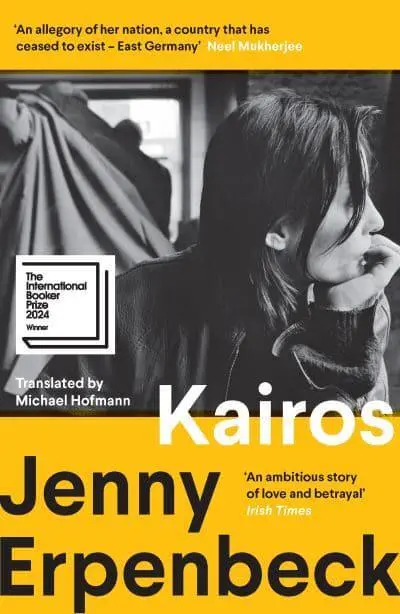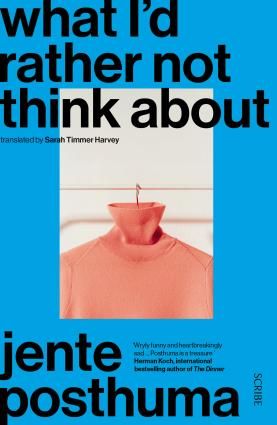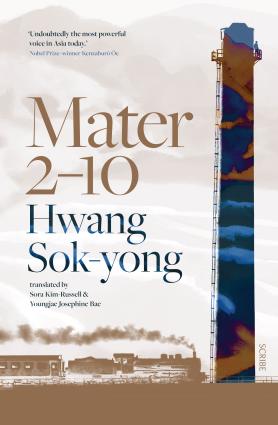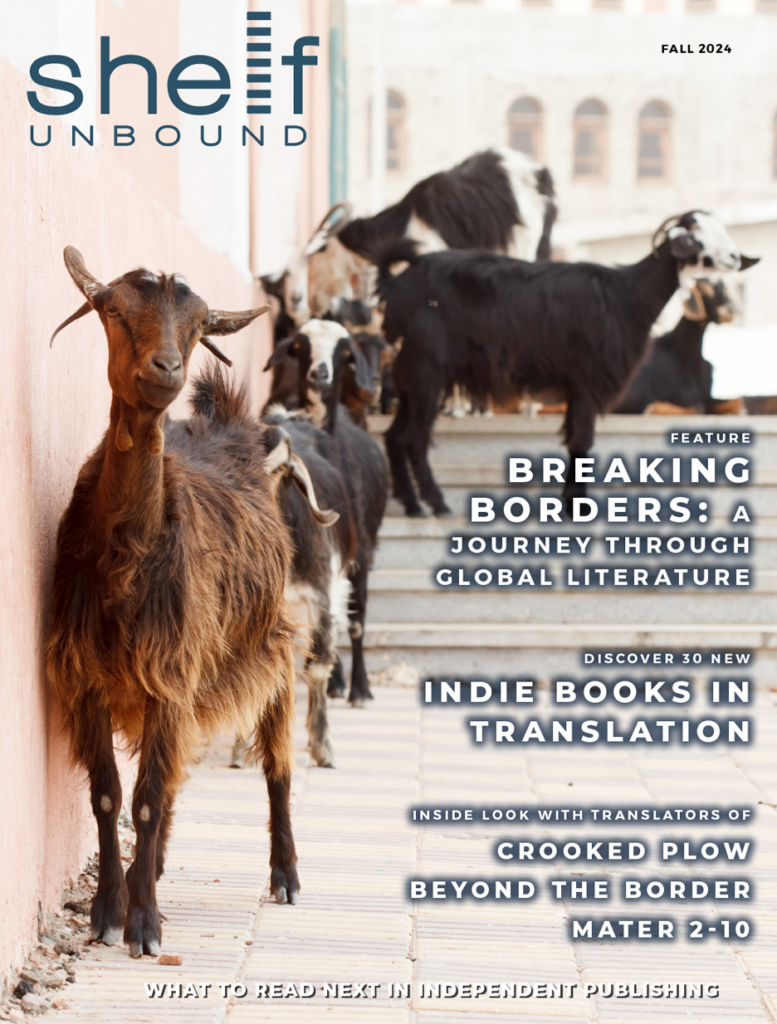By Sarah Kloth

In a radiant celebration held at Tate Modern, London, on May 21, 2024, the prestigious International Booker Prize was awarded to Kairos by Jenny Erpenbeck, translated into English by Michael Hofmann. This annual prize honors the best contemporary fiction translated into English, shining a spotlight on exceptional global storytelling and the intricate art of translation. Sponsored by Maison Valentino, the ceremony recognized not only the profound literary achievements of Erpenbeck and Hofmann but also the vital role of translation in making international literature accessible to English-speaking audiences. The £50,000 prize was shared equally between the author and translator, underscoring the collaborative nature of literary translation.
The International Booker Prize, established in 2005, aims to celebrate the best works of fiction translated into English, emphasizing the importance of cross-cultural literary exchange. The prize has evolved to become a major accolade in the literary world, focusing on a single book each year that exemplifies exceptional quality and innovation in translated fiction. This year’s winner, Kairos, emerged from a competitive shortlist that showcased a diverse array of voices and narratives from around the world.
Kairos, written by German author Jenny Erpenbeck, is a masterful exploration of love, loss, and political turmoil set in 1980s East Berlin. The novel centers on a passionate yet destructive affair between a young woman and an older man, a relationship that mirrors the broader disillusionment and political upheaval of East Germany during this period. Erpenbeck’s narrative delves into themes of idealism, power, and the complexity of human relationships against the backdrop of a society in flux.
Eleanor Wachtel, Chair of the 2024 judging panel, praised Erpenbeck’s ability to intertwine the personal with the political. She described Kairos as a story that begins with optimism and passion but gradually unravels, reflecting the broader collapse of the East German regime. Wachtel noted that the novel’s exploration of the characters’ intimate lives against the backdrop of historical change offers a unique and compelling perspective on the nature of personal and political transformation.
Michael Hofmann’s translation of Kairos has been widely acclaimed for its fidelity to the original text and its ability to capture the nuanced rhythm of Erpenbeck’s prose. Hofmann, a celebrated translator known for his work with German literature, skillfully rendered Erpenbeck’s lyrical and complex language into English, preserving the emotional depth and subtlety of the original. His translation work is recognized for its precision and ability to convey the unique qualities of Erpenbeck’s writing, making the novel accessible and engaging for a new audience.
The significance of this win is further highlighted by the fact that Jenny Erpenbeck is the first German author to receive the International Booker Prize. This achievement marks a milestone for German literature, bringing Erpenbeck’s poignant storytelling to a broader international audience. Additionally, Michael Hofmann becomes the first male translator to win the prize, emphasizing the collaborative nature of literary translation and the vital role of translators in bringing global voices to English-speaking readers.
The other titles on this year’s shortlist included Not a River by Selva Almada, translated by Annie McDermott; Mater 2-10 by Hwang Sok-yong, translated by Sora Kim-Russell and Youngjae Josephine Bae; and What I’d Rather Not Think About by Jente Posthuma, translated by Sarah Timmer Harvey, among others. Each of these works offered a unique perspective and contributed to a diverse and thought-provoking shortlist, reflecting the richness and variety of contemporary global fiction.
The International Booker Prize 2024 not only celebrates the exceptional literary achievements of Jenny Erpenbeck and Michael Hofmann but also underscores the importance of translated literature in bridging cultural gaps and fostering global understanding. The ceremony at Tate Modern was a testament to the enduring power of storytelling and the collaborative effort required to bring international voices to a wider audience. As readers continue to explore the winning book and the remarkable works of the other shortlisted authors, the prize serves as a reminder of the profound connections that literature can create across borders. In recognizing these achievements, the International Booker Prize continues to highlight the vibrant and diverse world of global fiction, reaffirming its role as a beacon of literary excellence and cultural exchange.

Winner!
Kairos by Jenny Erpenbeck
Translated by Michael Hofmann
Berlin. 11 July 1986. They meet by chance on a bus. She is a young student, he is older and married. Theirs is an intense and sudden attraction, fuelled by a shared passion for music and art, and heightened by the secrecy they must maintain. But when she strays for a single night he cannot forgive her and a dangerous crack forms between them, opening up a space for cruelty, punishment and the exertion of power. And the world around them is changing too: as the GDR begins to crumble, so too do all the old certainties and the old loyalties, ushering in a new era whose great gains also involve profound loss.

Shortlist
What I’d Rather Not Think About by Jente Posthuma
Translated by Sarah Timmer Harvey
What if one half of a pair of twins no longer wants to live? What if the other can’t live without them? This question lies at the heart of Jente Posthuma’s deceptively simple What I’d Rather Not Think About. The narrator is a twin whose brother has recently taken his own life. She looks back on their childhood, and tells of their adult lives: how her brother tried to find happiness, but lost himself in various men and the Bhagwan movement, though never completely.

Shortlist
Crooked Plow by Itamar Vieira Junior
Translated by Johnny Lorenz
A fascinating and gripping story about the lives of subsistence farmers in Brazil’s poorest region. Translated from Portuguese by Johnny Lorenz.
Deep in Brazil’s neglected Bahia hinterland, two sisters find an ancient knife beneath their grandmother’s bed and, momentarily mystified by its power, decide to taste its metal. The shuddering violence that follows marks their lives and binds them together forever.

Shortlist
Not a River by Selva Almada
Translated by Annie McDermott
Three men go out fishing, returning to a favourite spot on the river despite their memories of a terrible accident there years earlier. As a long, sultry day passes, they drink and cook and talk and dance, and try to overcome the ghosts of their past. But they are outsiders, and this intimate, peculiar moment also puts them at odds with the inhabitants of this watery universe, both human and otherwise. The forest presses close, and violence seems inevitable, but can another tragedy be avoided?
Selva Almada is considered one of the most powerful voices of contemporary Argentinian and Latin American literature and one of the most influential feminist intellectuals of the region.

Shortlist
Mater 2-10 by Hwang Sok-Yong
This annual prize honors the best contemporary fiction translated into English, shining a spotlight on exceptional global storytelling and the intricate art of translation.
An epic, multi-generational tale that threads together a century of Korean history. Translated from Korean by Sora Kim-Russell and Youngjae Josephine Bae.
Centred on three generations of a family of rail workers and a laid-off factory worker staging a high-altitude sit-in, Mater 2-10 vividly depicts the lives of ordinary working Koreans, starting from the Japanese colonial era, continuing through Liberation, and right up to the twenty-first century.

Shortlist
The Details by Ia Genberg
Translated by Kira Josefsson
A famous broadcaster writes a forgotten love letter; a friend abruptly disappears; a lover leaves something unexpected behind; a traumatised woman is consumed by her own anxiety. In the throes of a high fever, a woman lies bedridden. Suddenly, she is struck with an urge to revisit a particular novel from her past. Inside the book is an inscription: a message from an ex-girlfriend. Pages from her past begin to flip, full of things she cannot forget and people who cannot be forgotten. Johanna, that same ex-girlfriend, now a famous TV host. Niki, the friend who disappeared all those years ago. Alejandro, who appears like a storm in precisely the right moment. And Birgitte, whose elusive qualities shield a painful secret. Who is the real subject of a portrait, the person being painted or the one holding the brush?

